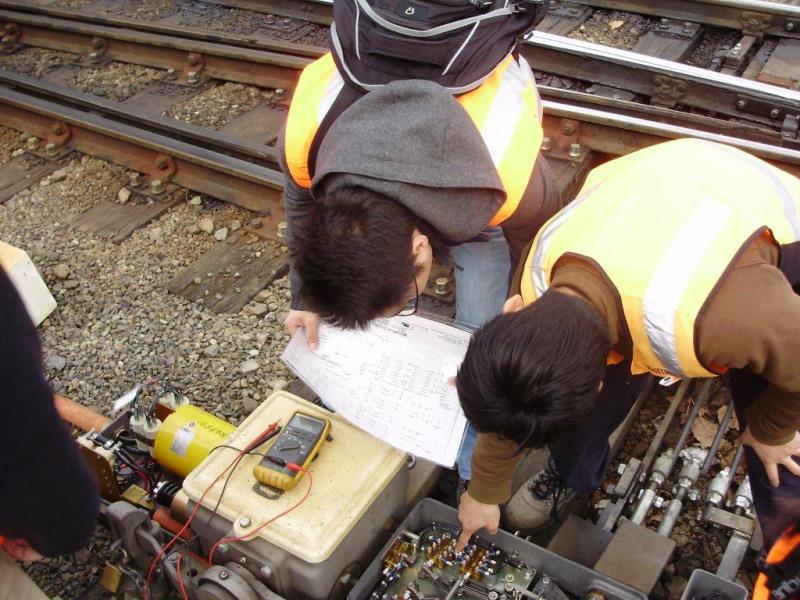
Quick course info
Pre-requisites
Entry into the HRD Rail Signalling Systems Graduate Program is open to people with a role in rail work who require a basic understanding of how signalling systems function.
Access to rail signalling infrastructure is essential so that you can apply knowledge and skills learned during the course.
Assessment
A typical technical training module is assessed by a research assignment, written theory test and workplace practical assessments.
RPL
RPL does not apply to this course and is not offered.
Duration
Training typically occurs in 5 day blocks, with additional time allotted for workplace practical assessment.
Award
The Rail Signalling Systems Graduate Program is non-accredited training. A Certificate of Completion is issued upon successfully meeting course requirements.
Cost
Because learners must already be employed in a rail signalling project or graduate role, it’s expected that your employer will meet all course costs.
Subsidised training is not available.
Contact us
Contact details - Rail Signalling
Please provide your contact details and information about your training requirements.
Rail Signal Systems Graduate Program
Rail signalling system training for graduates
The Rail Signal Systems training program for graduates and support staff is a non-accredited course of training that loosely aligns with nationally recognised competencies.
The program is essential for graduate engineers working in rail signalling and is valuable for rail infrastructure project staff whose work role brings them into contact with the rail signalling system.
The Rail Signal System Graduate Program is offered on a needs basis, typically in groups of 6 persons; start dates will vary according to demand.
Training is provided at the Rail Academy – Newport (Victoria), at a suitable interstate training venue, or on site (minimum group size required).
Training program content
Training in the graduate program offers a choice between the Introduction to Rail Signalling course or the full Rail Signal Systems Graduate Program.
Introduction to Rail Signalling (for support personnel)
The Introduction to Rail Signalling program is a short course providing a basic overview of rail signalling systems and is ideal for
- G1.1 Rail Signal System Principles (5 days)
- G1.2 Rail Signal Control System Principles (5 days)
- G1.3 Rail Signal Wiring Systems (5 days)
Rail Signal Systems Graduate Program
The Rail Signal Systems Graduate Program gives graduate railway signalling engineers a detailed understanding of railway signalling systems and processes.
Program training modules are (in delivery order):
- G1.1 Rail signal system principles (5 days)
- G1.2 Rail signal control system Principles (5 days)
- G1.3 Rail signal wiring systems (5 days)
- G105 Rail signal power supplies (5 days)
- G109-1 Jointed track circuits (5 days)
- G109-2 Jointless track circuits and axle counters (5 days)
- G111 Signals and train protection systems (5 days)
- G108 Point mechanisms (5 days)
- G107 Level crossing protection systems (5 days)
- G112 Relay and geographic interlocking (5 days)
- G114 Computer-based interlocking (5 days)
- G128 Testing and commissioning rail signal systems (5 days)
- G110 Non-vital telemetry systems (5 days)
Training is typically delivered by block release and offered to participants in their first year of employment in the rail industry. Training can be delivered over a 12 month or an 18 month period.
Rail Signal Systems Graduate Program benefits
Why undertake the full graduate engineer program?
After completing the HRD program, graduate engineers have a more complete and holistic understanding of signalling systems and processes.
The full course covers the range of theoretical knowledge that’s comparable to that of learners completing the Certificate IV in Electrical – Rail Signalling.
